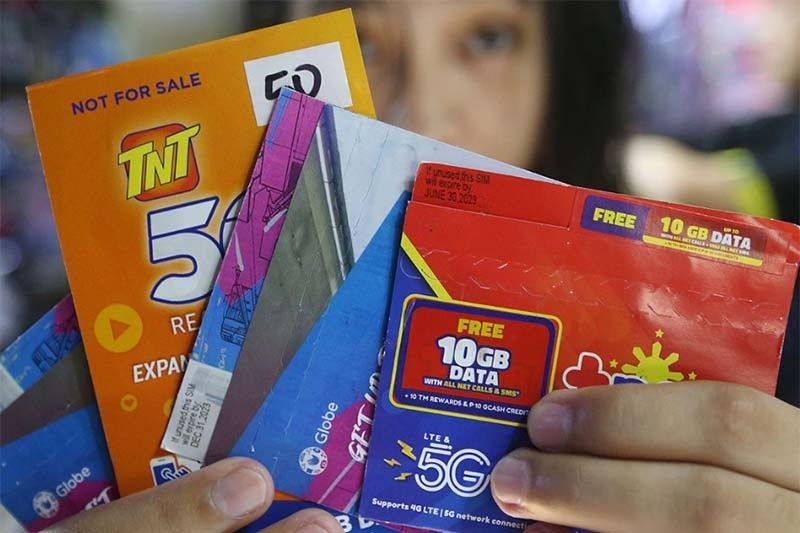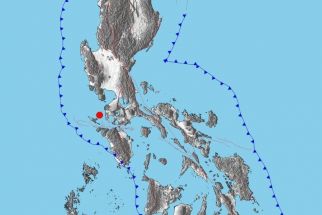Groups want halt to SIM registration after first day ‘failure’

MANILA, Philippines — A coalition of digital experts, consumers and other groups called for the suspension of SIM registration which it called a “failure” after many mobile users experienced difficulties on the first day of registration.
“It is clear that both telecommunications companies and the Department of Information and Communications Technology are unprepared for this implementation,” the Junk SIM Registration Network said in a statement Tuesday evening.
“Subscribers have experienced difficulties accessing servers for the SIM card registration process, as platforms of the major telecommunications companies repeatedly crashed.”
Technical issues marred the first day of SIM registration on Tuesday, with many mobile users unable to register on the portals provided by the two biggest telcos, Globe Telecom and Smart Communications, as they were either taken down or inaccessible due to heavy traffic.
Globe Telecom said earlier Tuesday that it had to take down its registration portal to comply with the mandate to also include a verification process by uploading a selfie with a government-issued ID.
Later the same day, however, Globe said it had to take the site offline after it discovered “potential minor vulnerabilities” that may expose their customers’ data to “serious threats.”
The Junk SIM Registration Network and Digital Pinoys said the additional requirement of uploading a selfie to verify people’s identities may be a privacy violation as the collection of biometric data is not required under the law or its implementing rules and regulations.
In addition to this, the Junk SIM Registration Network noted how the deadlines for registration vary, with Globe providing a registration period that is shorter than the 180 days required by law as it is only giving subscribers until April 26, 2023 to register.
The coalition added that there has been a lack of on-the-ground information campaigns as telcos solely relied on online and text advisories which they said leaves users at risk of becoming victims of scams.
“In the days leading up to the implementation of the law, the telecommunications companies warned the public about the possibility of phishing activities and fake accounts masquerading as legitimate registration sites, highlighting their own inability to prevent these threats,” it said.
It added that no registration facilities have been set up in remote areas with limited internet connectivity and no list of these areas has been released or identified.
“The difficulties experienced by the common Filipino today have exposed the true nature of this law, which merely serves to amplify and exacerbate their everyday struggles,” the coalition said.
The SIM Registration Act was among the laws identified by President Ferdinand "Bongbong" Marcos Jr. as his administration’s priorities and was swiftly and overwhelmingly approved by Congress, which is dominated by his allies.
The law is meant to curb crime and spam text messages, although ICT rights advocates have cast doubt whether it will actually work given the failure of similar measures in other countries.
A similar proposal was rejected by Marcos’ predecessor, former President Rodrigo Duterte, over concerns that the bill — which then contained a provision for the registration of social media accounts — over concerns that this will “give rise to a situation of dangerous state intrusion and surveillance.”
- Latest
- Trending

































